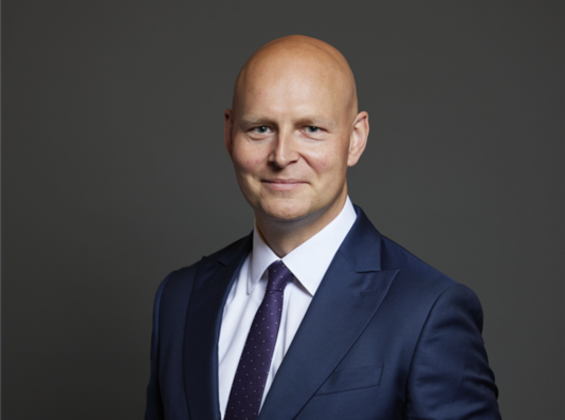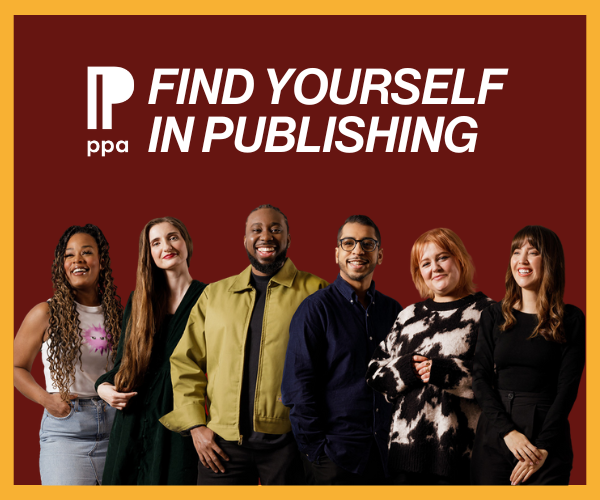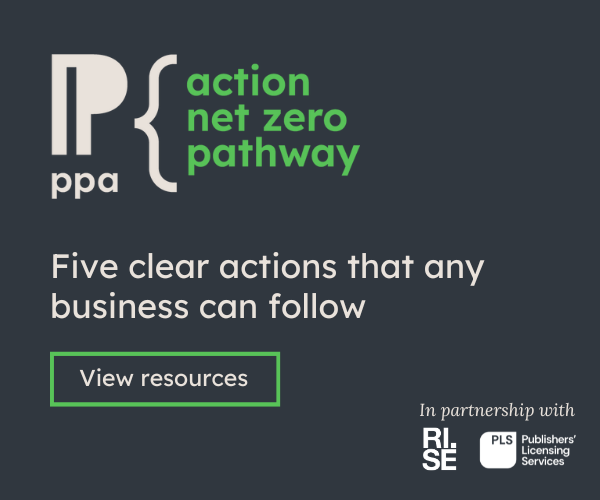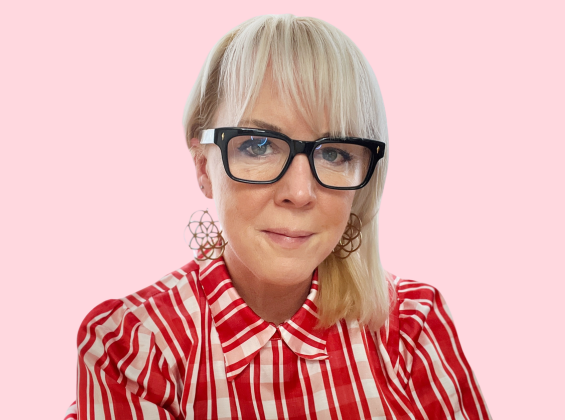What made you want to work in publishing?
My first degree was in publishing studies – I had no idea then, that I would end up with a career in publishing. I went on to study Information and Knowledge Management for my masters and got into lecturing at a university. Because I was already working in academia, I decided to do a PhD. It was during this experience of doing a PhD with two children and watching other women in similar situations that led to the realisation that women have to juggle various roles and their career. I felt within the academic world we really didn’t have a space to talk about these experiences. As academics and women working in Higher Education (HE), we have our technical papers, trade journals, trade magazines and journal papers. However, we lacked that personal space to tell our stories and celebrate our achievements to connect with, and to inspire one another. So, The Academic Woman magazine was born and that was what got me back into publishing!
The Academic Woman was founded in 2018, the year of the centenary of women’s suffrage. Why was it important for you to create a publication like this for women in academia?
Yes, the idea was conceived as a result of my personal experiences, the centenary celebrations of the suffragettes and the revelations of the gender pay gap in many businesses, including the higher education sector. I had finished my PhD and I just felt like I needed a break. I felt that my children missed out on time with me as well. When I started my PhD, they were just four and five years old. While I was taking this short break, there were the centenary celebrations for women’s suffrage and almost around the same time, there was an outcry in the news about the gender pay gap across all sectors, including the higher education sector. This reinforced my passion to create a space to champion recognition, and to celebrate women at levels working within the HE sector.
Could you tell us a bit about the process of founding a magazine? What has been the most rewarding part of the process?
Although the idea was conceived in 2018, it wasn’t until March 2020, when the first lockdown started, that The Academic Woman came to live. At the start of the lockdown, I still hadn’t started a career in academia. I knew that I just didn’t want to sit back and not do anything. I started work on the website design and branding, putting all the feedback and thoughts into practicality. The website was launched in September and the first issue was published in October. Because we launched in lockdown, I relied on my network and my friends within Academia for the first issue. It was a good thing to get started! We got stories to publish and the magazine was 40 pages. We continue to reach out to women at levels within the HE sector. We also receive unsolicited articles and contributions, which is great! We have no advertising at the moment and looking to attract advertising and some sponsorship to keep it going.
The most rewarding part of the process is when someone sees the magazine and says that it’s a brilliant contribution to the sector – it means it’s a needed intervention and we’re doing a good job!
The Academic Woman discusses uplifting the wellbeing of your readers – why do you think this is particularly important for women in academia?
The approach of The Academic Woman has been to publish practical, positive, celebratory and thought-provoking stories to inspire and empower women. I think just listening to another woman’s story, knowing that someone else has been through what you’re going through and being able to relate and get some advice out of it. What I’ve realised in particular that cuts across these stories is the themes of self-doubt and imposter syndrome, and not taking the initiative to put yourself forward. When people share their stories, we’d like to see the positive and I think that positive note gives people hope and makes them feel empowered and inspired. I think that uplifts your wellbeing, because you know that it’s all part of the career journey you’re on, and you can see how others have navigated to ‘make it.’
What has been your favourite issue of the magazine and why?
I loved the International Women’s Day 2021 issue! I must praise the designers for the excellent design. I love the cover design.
I also liked the stories that were covered. In particular, we reported on a Sheffield Hallam University event to commemorate the day – ‘Pulling together to close the gap’. Women from different backgrounds shared their experiences from work around the world. Dr Bridget Ogharanduku talked about gender inequality and how her female boss was denied the chance to have children for a certain number of years; Professor Hora Soltani on her work on preventing mental deaths around the world; and Dr Suni Toor and Baroness Helena on their work in in promoting women’s rights and preventing gender-based violence.
When you have sat in the programme and listened to these stories, you feel connected to the issue because you hear about the amazing work these women are doing, not just in the UK but all over the world, changing the lives of women.
In the Oct-Dec 2021 issue, you placed particular focus on the need to recognise and celebrate black professors in leadership in the UK, how did your readers receive this?
We received lots of positive feedback around the fifth issue, such as the magazine being thought-provoking and having a fantastic coverage.
In academia at the moment, there are only 35 Black female professors in the UK out of 21,135. I didn’t know this when I published that issue, but I feel fortunate to have featured two black women, both in leadership positions. As it coincided with Black History Month, I decided to dedicate the issue to celebrate the month.
There are already organisations that have started some ground-breaking work on this. The Women in Higher Education Network (WHEN) have started the 100 Black Women Professors Now programme. When they started, there were only 25 black female professors so there has been some work in progress. This wasn’t started by a black person. The founder and CEO, Alice Chilver, is white and felt she and her organisation needed to do something about this lack of representation. A number of universities have signed up for the programme because they realise there is a need for structural and systemic change to break those barriers that are hindering minorities from progressing within the sector. That was what made me dedicate the issue to Black History Month because it’s clearly an issue the sector is already aware of. The feedback I had at the time testifies that people are on board and it doesn’t matter whether you’re black or white, people are working to change the status quo and for a more diverse HE sector in terms of leadership.
What’s on your radar?
I’m excited about change. Within academia I’m excited to see that men are getting on board. People see that it is needed to have more women in leadership – there are still only a handful of female Vice-Chancellors within the UK. So, It’s not just about race, there is also the issue of gender here and the conversation is changing from equality to equity. It's not about equality anymore. If you're seeking equality, you can put things in place, but not everyone can get there due to their personal circumstances. It’s about equity and creating those opportunities based on individual circumstances – and I think that’s great. That recognition makes me excited about the future of women working in HE generally.
What magazine do you stockpile?
The Academic woman of course!









